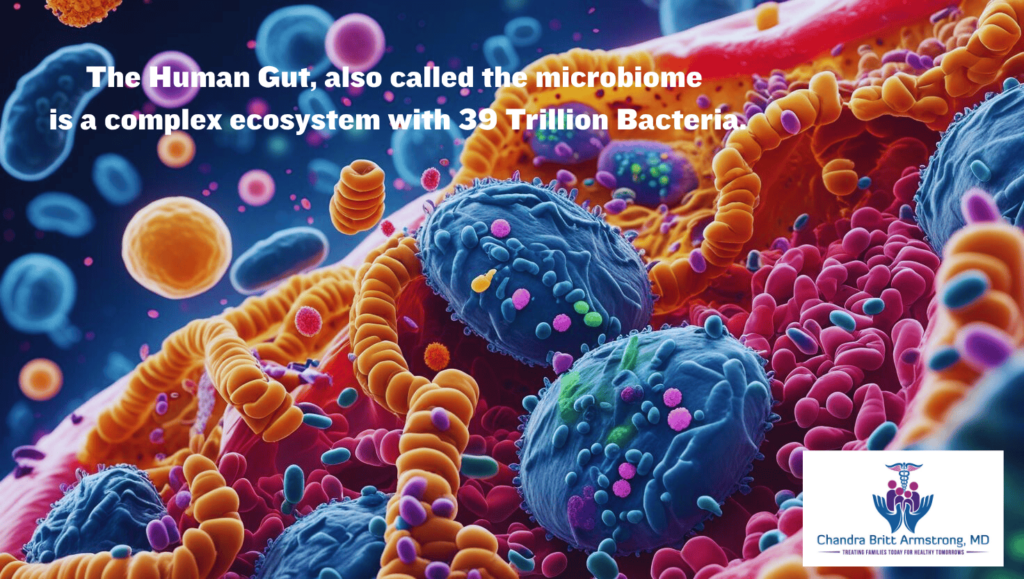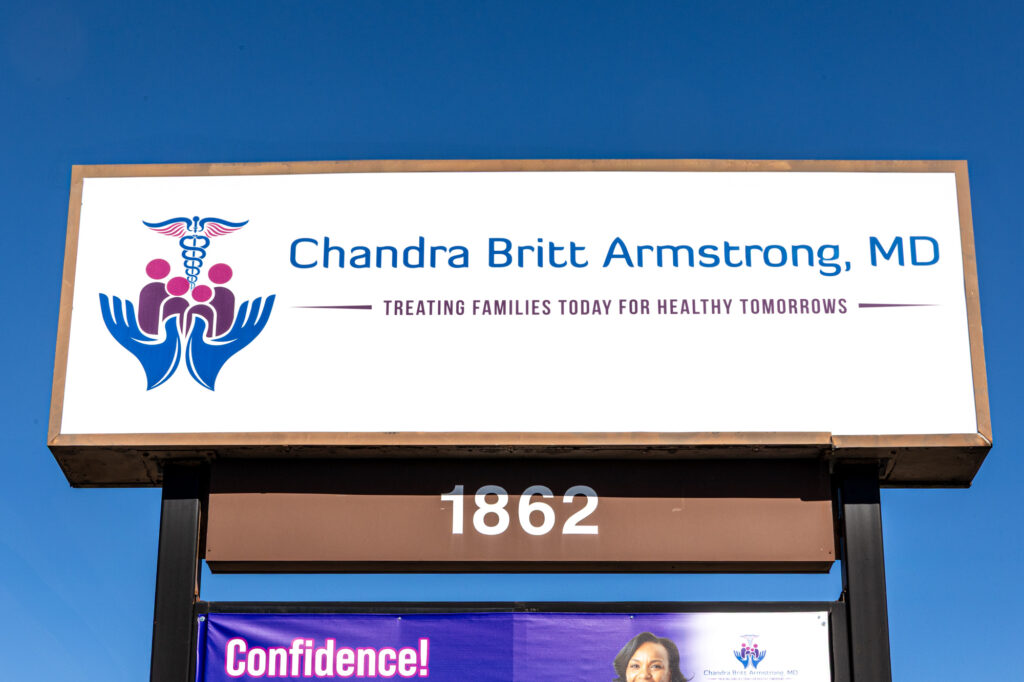
Your gut is home to trillions of microscopic organisms—bacteria, fungi, viruses, and more—collectively known as the microbiome. Once misunderstood as threats, these microbes are now known to be essential for digestion, immunity, mood, and even disease prevention.
Your Diet Shapes Future Generations
Research reveals that poor dietary habits not only alter your own microbiome but may reduce beneficial bacteria for future generations. Over time, unhealthy eating has led to the extinction of helpful gut microbes, underscoring the power of food choices.
Good Bacteria, Big Benefits
Bacteria like Lactobacillus reuteri and Bifidobacteria help with:
-
Healing wounds
-
Managing obesity
-
Fighting cancer
-
Reducing stress and anxiety via the gut-brain axis
-
Controlling abdominal fat and blood sugar levels
They even produce neurotransmitters that influence your mood and social behavior.
When Things Go Wrong: Dysbiosis
An unbalanced microbiome—called dysbiosis—can lead to obesity, diabetes, depression, and cancer. Emerging treatments like fecal microbial transplantation (FMT) replace harmful gut bacteria with healthy ones, showing promising results.
Prebiotics & Probiotics: Your Microbiome’s Best Friends
-
Probiotic foods (yogurt, sauerkraut, kimchi) introduce good bacteria.
-
Prebiotic foods (fiber-rich fruits, vegetables, whole grains) feed them.
Small changes to your diet can lead to powerful improvements in your gut health—and your overall well-being.


